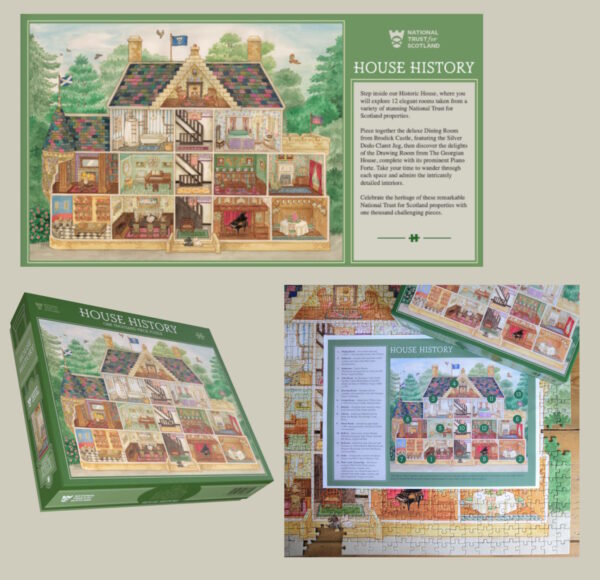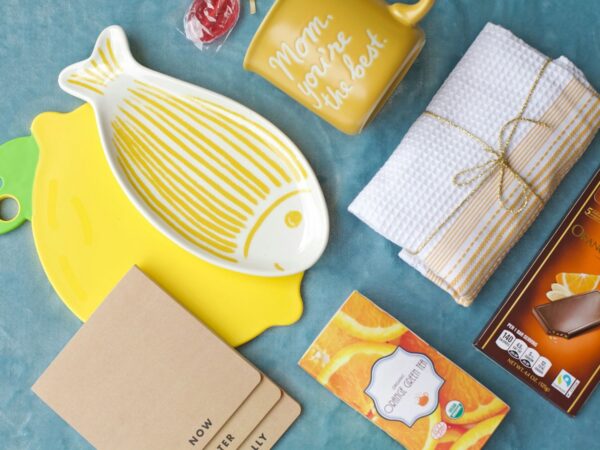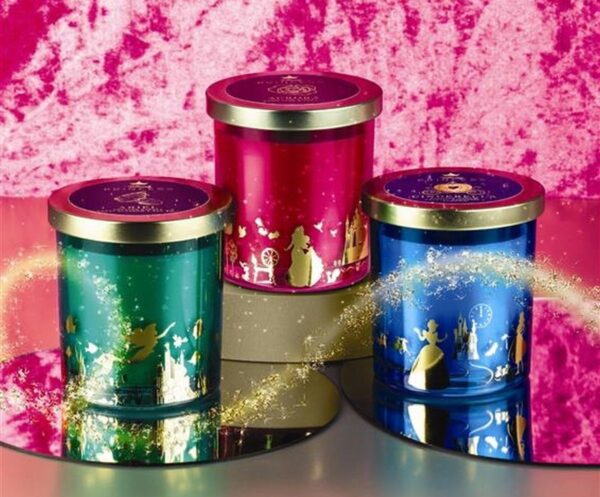On February 5, 1953, children young and old rejoiced as sweet rationing was brought to an end in Britain. The site of confectionary lovers piling into this shop can’t help but put us in mind of the end of lockdown and general Christmas shopping frenzy in between store closures! Queues developed at confectioner’s shops every lunchtime as workers treated themselves to boxes of chocolates.
Rationing did not end in this country until eight years after the war, having been rationed for over a decade due to wartime shortages – only 12oz a month was permitted to be purchased at that time. An attempt to end sweet rationing had first occurred in 1949, but lasted for only four months as demand far exceeded supply at that time.
By the time rationing truly ended in 1953, manufacturers and shop keepers had their ducks well and truly lined up and made the most of their sugar allocations to somehow meet rocketing consumer demand.

For quite a while they had to make do with half their pre-war time levels of sugar, which made for some creative biscuit recipes, but huge profits were in order. Candy stores prospered tremendously, with sales rising by around £100 million.
A swift end to rationing had helped propel the Conservatives to victory in 1951, with Minister for Food, Major Gwilym Lloyd-George, tasked with prioritising the repeal.
Sugar was eventually taken off rationing in September 1953. Meat, the last item to remain rationed, did not become freely available until July 1954.
Rationing began early in the war, first of all for petrol, but by January 1940, bacon, butter and sugar were all limited. Before sweets were rationed in July 1942, German soldiers invading the Channel Islands were surprised to find chocolate still on sale in shops and queued up to pay for sweets alongside islanders.
Rationing gave rise to a black market in commodities, which became available through “spivs” at inflated prices. By March 1941, 2,300 people had been prosecuted for this type of fraud.
After the war ended, poor harvests and bad weather meant rationing had to continue, with bread and potatoes both in short supply in 1946.

















